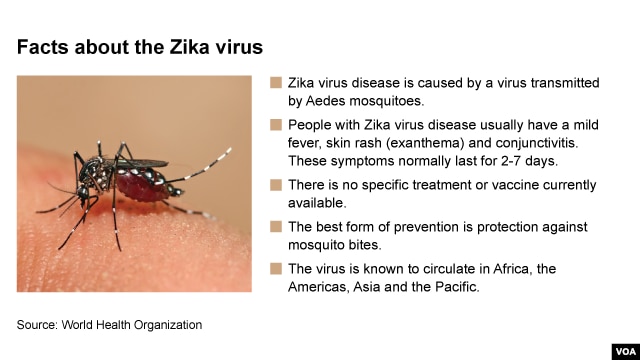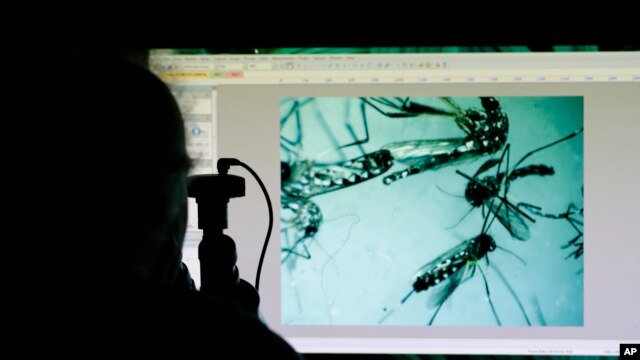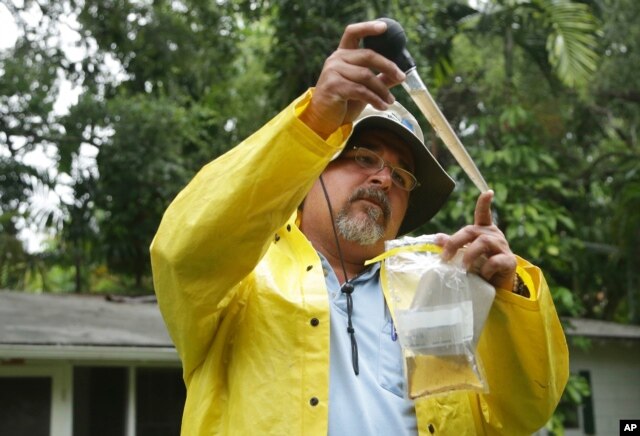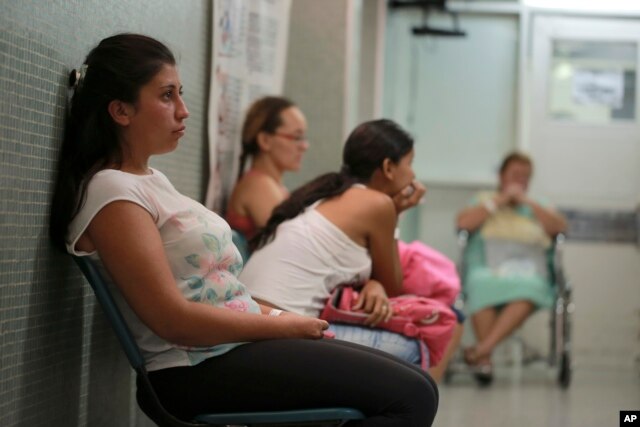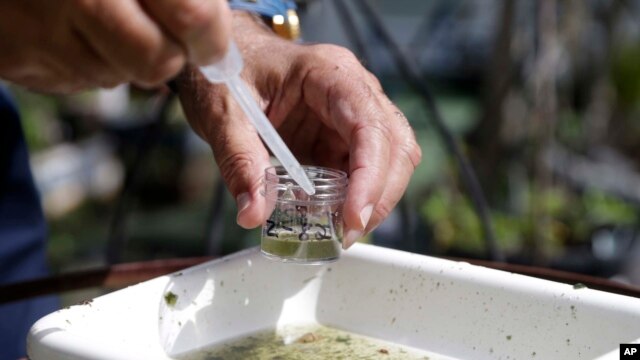- Aug 10, 2009
- 168,037
- 16,519
- 2,165
- Banned
- #1
I wish Obama and the House on sensible items such as fighting Zika would move faster but it looks like a breakthrough at last. House Republicans push own Zika plan
WASHINGTON (CNN) – House Republicans, who have resisted approving the $1.9 billion that President Barack Obama requested to combat the Zika virus, now are preparing their own spending package and are aiming for a vote as early as next Wednesday.
Ever since they sent the request to Capitol Hill, the White House has complained that Republicans are ignoring a public health crisis and need to sign off on more money soon, especially before the potential risks from the mosquito-borne virus increase with the summer months.
House Appropriations Chairman Hal Rogers, a Kentucky Republican, told reporters the bill he plans to introduce Monday will provide “less than a billion” for Zika and the money will be targeted for agencies to spend right away.
Rogers and other congressional Republicans said they hadn’t acted before now because the Obama administration wasn’t giving Congress the details on how they would spent the $1.9 billion they wanted, and they were working through their own analysis on how much the various agencies needed to deal with the immediate needs. House conservatives also demanded that any new money for Zika needs to be paid for with cuts to other programs.
“It’s adequate funding to face the problem,” Rogers said about his new legislation.
He also stressed that the bill is “fully offset” but declined to say where the money was coming from, saying his committee was still finalizing those details. But the White House and congressional Democrats argue in these cases Congress doesn’t traditionally specify cuts to pay for additional funding.
“We don’t offset emergency funding, period. And this is the definition of a public health emergency,” one Democratic aide on the House Appropriations panel told CNN.
Asked why Republicans are now moving forward with a bill after they disagreed with the White House’s proposal, Rogers said he is concerned about the virus and wants to “act as quickly as we can.”
Separately, the Senate this week worked out a bipartisan $1.1 billion Zika proposal that they plan to attach to a separate spending bill. The vote on that proposal is scheduled for next Tuesday and it is expected to pass. The Senate will also vote on two competing proposals — one from the two Florida senators, Bill Nelson, a Democrat, and Marco Rubio, a Republican. It would fully fund the President’s request. The second is from Sen. John Cornyn, R-Texas, that would provide about $1 billion and be offset with cuts elsewhere. Those last two proposals are not expected to pass.
The two chambers would still need to negotiate a final package before sending to the President for his signature.
Rogers said he has consulted with Democrats on the House panel, but he expected that they would continue to push for the administration’s larger figure of $1.9 billion.

HEADLINES
House Republicans push own Zika plan
Clinton campaign tax ad: What’s Donald Trump hiding?
Warren Buffett-backed group in bid for Yahoo
Yes, it’s time to think about the 2020 presidential race
Dog rescued from shelter saves little girl from dangerous snake
Donald Trump on recording: Not me
Police: One of the world’s rarest fish died after drunken break-in
Mastodon bones offer clues of earliest humans in North America
Sheriff Joe Arpaio, three others found in civil contempt
Trump’s past surfaces as GOP looks forward
Nigeria’s Giwa barracks ‘place of death,’ rights group says
Judge declines to stop release of ‘Bridgegate’ conspirator list
URGENT – California Ventilator Legal Fight Ruling
Grassley to feds: Did ‘El Chapo’ enter the U.S. undetected?
Obama administration issues guidance on transgender access to school bathrooms



Copyright Cumulus Media / Cumulus Media is an equal opportunity employer / AA
WASHINGTON (CNN) – House Republicans, who have resisted approving the $1.9 billion that President Barack Obama requested to combat the Zika virus, now are preparing their own spending package and are aiming for a vote as early as next Wednesday.
Ever since they sent the request to Capitol Hill, the White House has complained that Republicans are ignoring a public health crisis and need to sign off on more money soon, especially before the potential risks from the mosquito-borne virus increase with the summer months.
House Appropriations Chairman Hal Rogers, a Kentucky Republican, told reporters the bill he plans to introduce Monday will provide “less than a billion” for Zika and the money will be targeted for agencies to spend right away.
Rogers and other congressional Republicans said they hadn’t acted before now because the Obama administration wasn’t giving Congress the details on how they would spent the $1.9 billion they wanted, and they were working through their own analysis on how much the various agencies needed to deal with the immediate needs. House conservatives also demanded that any new money for Zika needs to be paid for with cuts to other programs.
“It’s adequate funding to face the problem,” Rogers said about his new legislation.
He also stressed that the bill is “fully offset” but declined to say where the money was coming from, saying his committee was still finalizing those details. But the White House and congressional Democrats argue in these cases Congress doesn’t traditionally specify cuts to pay for additional funding.
“We don’t offset emergency funding, period. And this is the definition of a public health emergency,” one Democratic aide on the House Appropriations panel told CNN.
Asked why Republicans are now moving forward with a bill after they disagreed with the White House’s proposal, Rogers said he is concerned about the virus and wants to “act as quickly as we can.”
Separately, the Senate this week worked out a bipartisan $1.1 billion Zika proposal that they plan to attach to a separate spending bill. The vote on that proposal is scheduled for next Tuesday and it is expected to pass. The Senate will also vote on two competing proposals — one from the two Florida senators, Bill Nelson, a Democrat, and Marco Rubio, a Republican. It would fully fund the President’s request. The second is from Sen. John Cornyn, R-Texas, that would provide about $1 billion and be offset with cuts elsewhere. Those last two proposals are not expected to pass.
The two chambers would still need to negotiate a final package before sending to the President for his signature.
Rogers said he has consulted with Democrats on the House panel, but he expected that they would continue to push for the administration’s larger figure of $1.9 billion.

HEADLINES
House Republicans push own Zika plan
Clinton campaign tax ad: What’s Donald Trump hiding?
Warren Buffett-backed group in bid for Yahoo
Yes, it’s time to think about the 2020 presidential race
Dog rescued from shelter saves little girl from dangerous snake
Donald Trump on recording: Not me
Police: One of the world’s rarest fish died after drunken break-in
Mastodon bones offer clues of earliest humans in North America
Sheriff Joe Arpaio, three others found in civil contempt
Trump’s past surfaces as GOP looks forward
Nigeria’s Giwa barracks ‘place of death,’ rights group says
Judge declines to stop release of ‘Bridgegate’ conspirator list
URGENT – California Ventilator Legal Fight Ruling
Grassley to feds: Did ‘El Chapo’ enter the U.S. undetected?
Obama administration issues guidance on transgender access to school bathrooms



- Privacy Policy
- Terms of Service
- Contest Rules
- Advertise With Us
- Station Information
- Employment Opportunities
Copyright Cumulus Media / Cumulus Media is an equal opportunity employer / AA


